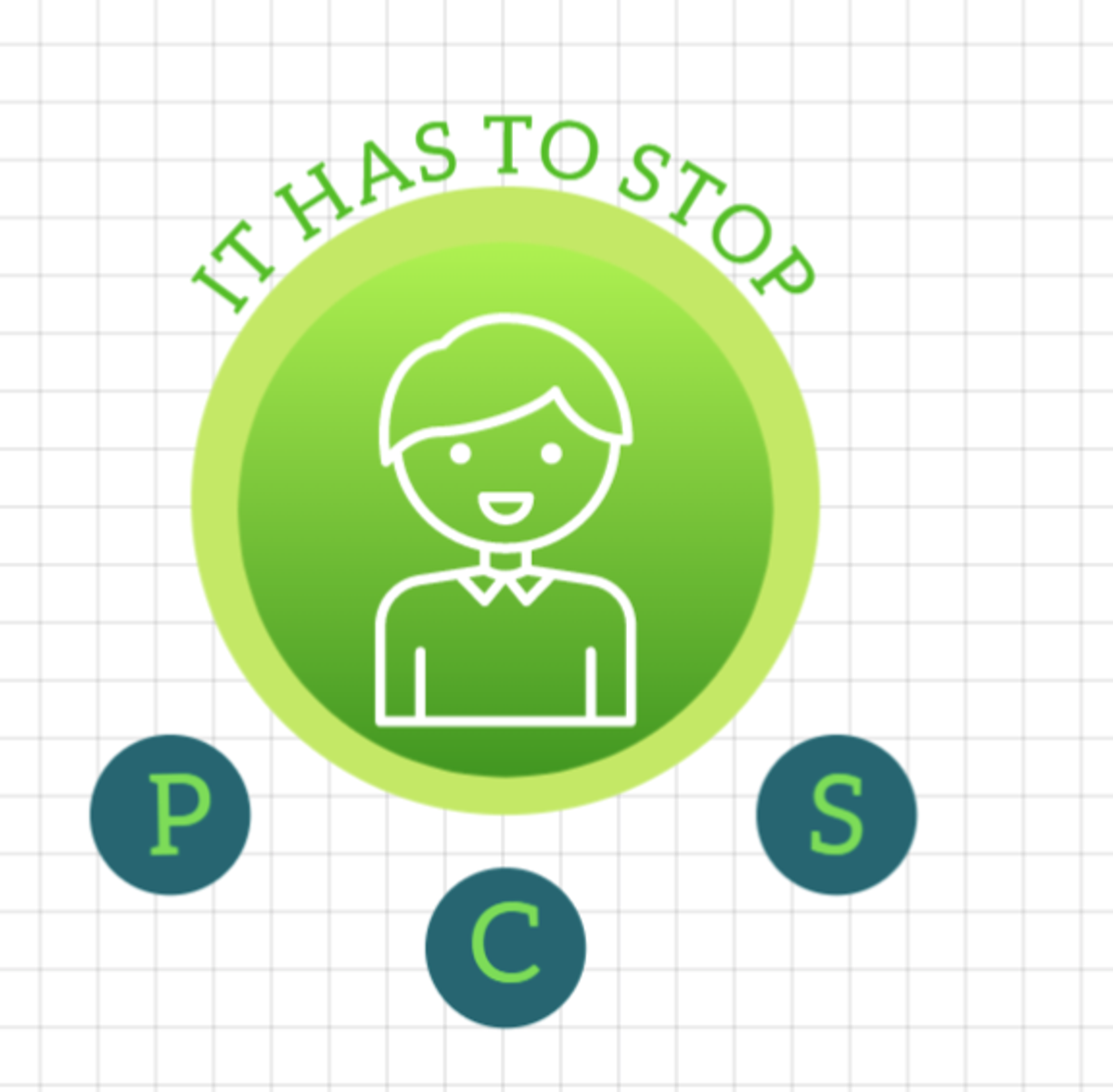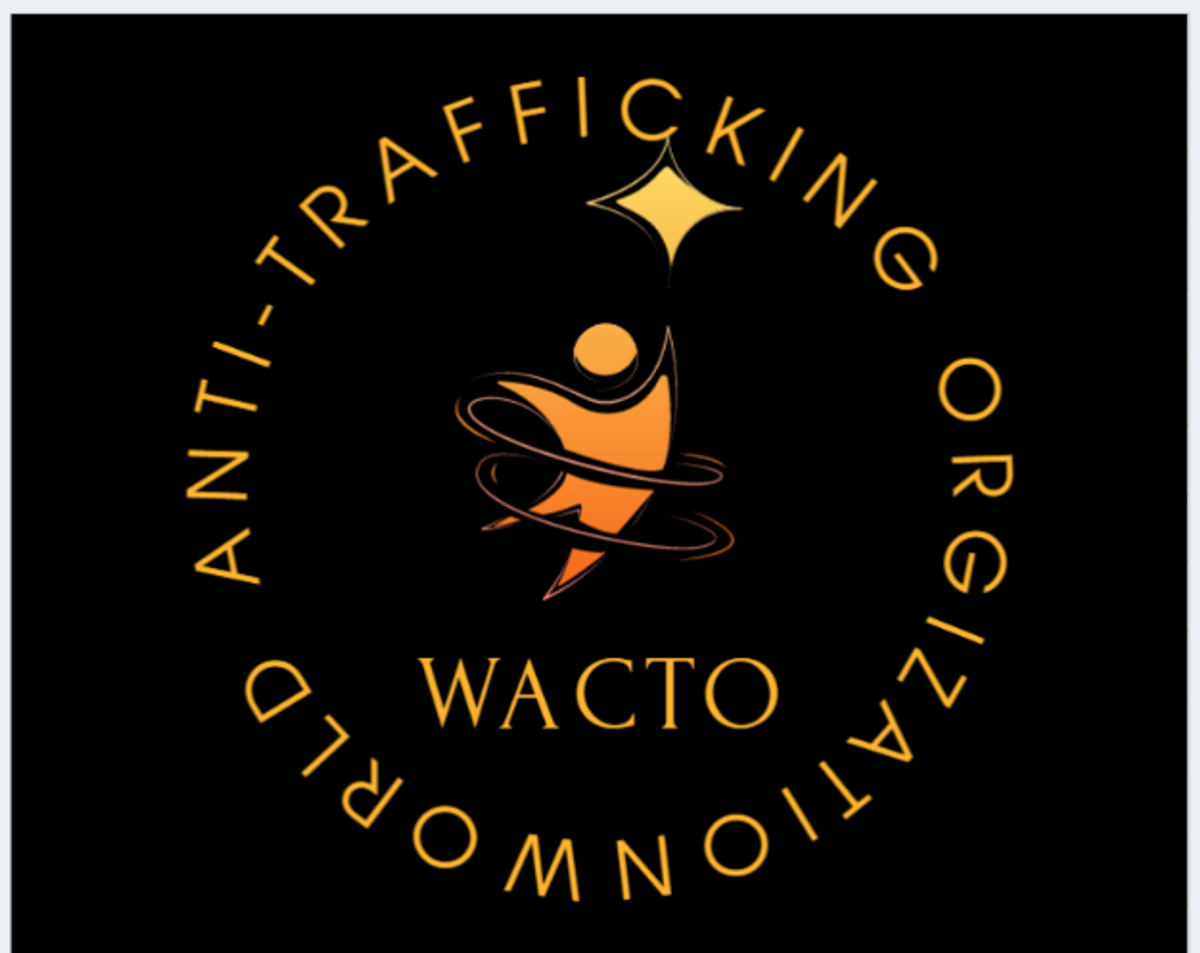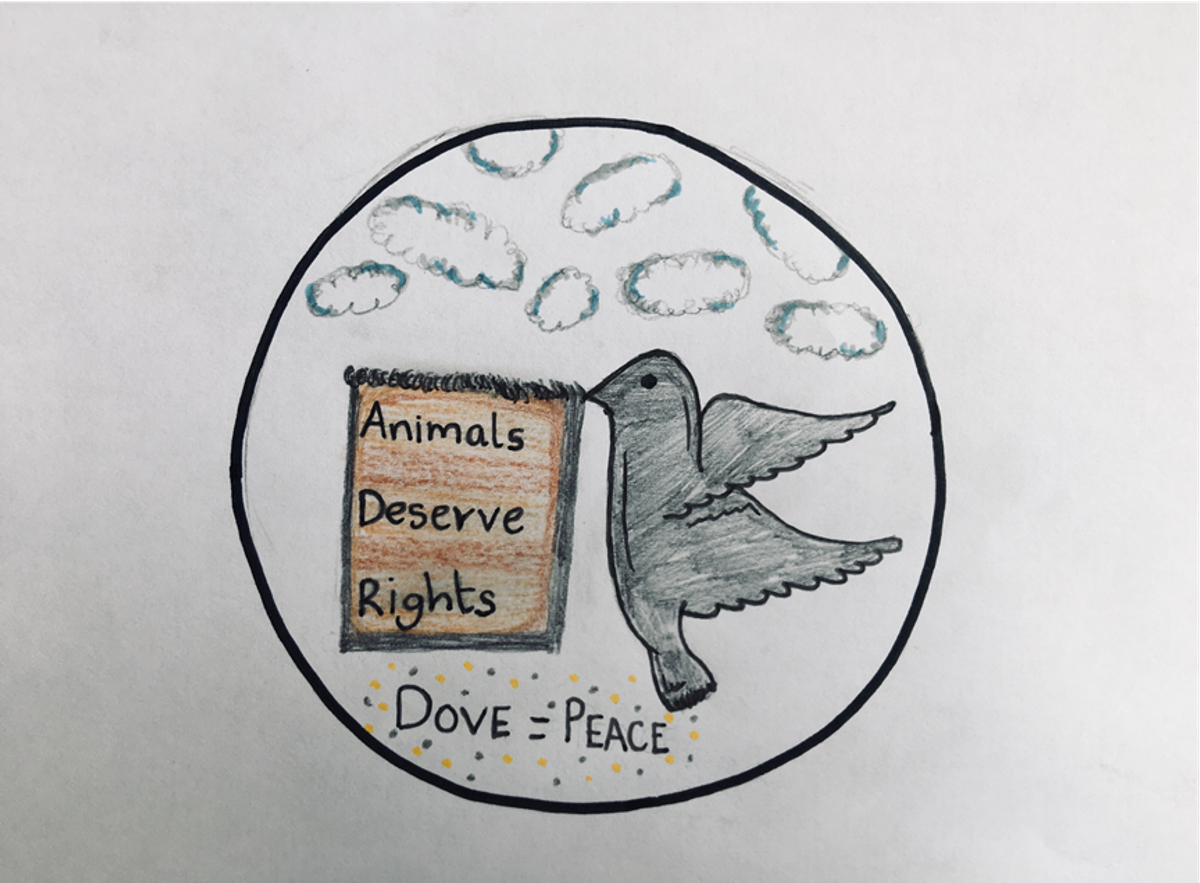Faculty news

Careers
Welcome to the 2023 School Year both new and returning families. It is a privilege to be your Careers Advisor at Oakleigh Grammar, and I look forward to working with you all – students, parents and carers.
I am available to meet with you Monday through to Thursday from 8.30am – 4pm, and appointments to see me can be made here https://calendly.com/ogcareers You can also drop in to my office in Room 208.1 and/or email me anytime at MMascaro@oakleighgrammar.vic.edu.au
How can I help you as your Careers Advisor?
| Apprenticeships Information | Résumé Writing Skills |
| Cadetships & Traineeships | SATs |
| Career Expos | Scholarship Opportunities |
| Careers Testing - Morrisby Profile | Subject Selection Counselling |
| GAP Year Opportunities | TAFE Courses & Programs |
| Individual Interviews | Tertiary Application Process - Interstate |
| International Study | University Courses & Programs |
| Interstate Universities | University Extension Studies |
| Interview Skills | VCAA Information |
| Open Days | VET in Schools |
| Overseas Exchange Programs | VTAC Process |
| Part-time & Casual Job Opportunities | Wednesday Weekly Careers News |
You can also refer to our careers website for further course and careers information here www.oakleighgrammarcareers.com
Regards
Michelle Mascaro
Careers Advisor
Student Representative Council (SRC)
2022 was a very productive year for Oakleigh Grammar. Vice Captains, Middle School Leaders and SRC members worked together supporting our school community. Throughout the year many different fundraisers were organised raising awareness and funds for different organisations.
Students of Year 8 Orthodox Studies are in the process of working on the last fundraiser for 2022. Christmas is a time to celebrate with family and friends whilst relaxing and enjoying the time of year. Oakleigh Grammar is holding a Christmas Appeal for the Greek Welfare Centre from Monday 24 October to Friday 2 December.
Students are collecting non-perishable foods for those in need in our community. Oakleigh Grammar calls upon the community to demonstrate their good will and contribute as much as they are able. Students in charge of the project will collect all donations during Home Group. This is a very special time of the year and really important to help each other. We appreciate your support.
Natasha Spanos
SRC Coordinator
Language and Literacy
Year 6 Campaign logos
Students chose a diverse range of topics to campaign for including child trafficking, air pollution, horseracing, the war in Ukraine, animal rights, gender equality and National Service. Well done Year 6!
Health and Wellbeing
The Art of Talking With Children
Ten ways to jump-start conversations with kids that will help them bounce back from challenges
As a speech pathologist, lecturer, and mom of two, I often hear conversations suggesting kids are struggling with resilience. Sometimes the struggle comes out in obvious ways; for example, “I’m never going to be good at this” or “I give up.” These comments can also be more subtle; for instance, kids who say they don’t want to challenge themselves or clam up if they face tough questions.
Resilience, defined as the ability to overcome serious hardships or bounce back from challenges, is a topic on so many parents’ and teachers’ minds, and for good reason. As the pandemic has brought challenges into the lives of so many, we’re prompted to do more to help kids persist and thrive. As research from the Center for the Developing Child at Harvard shows, resilience accumulates from a combination of protective factors. While biological factors play a role, the most important factor is a stable, supportive relationship with a committed parent, caregiver, or other adult. When so much of school and home lives have been disrupted, helping kids maintain and enhance these relationships is even more critical.
The good news is that our daily conversations can help. When we support kids to reflect on their challenges and emerge stronger, we shore up our relationships and build their long-term resilience. Promoting executive function skills such as goal setting, prioritizing, and problem-solving is key. The following, discussed in my new book, The Art of Talking with Children, are top 10 questions to jumpstart conversations for resilience:
1. What can you teach me?
Ask a child of any age, toddler onward, to show you how to do something — ideally, something you can’t do yourself. Think about getting out of your comfort zone, entering your child’s world, as they show their strengths. My 10-year-old daughter Sophie taught me how to play Roblox, while my 5-year-old son Paul showed me his made-up game. This process shores up their language skills while supporting their senses of themselves.
2. What can each of us do when we feel [mad, sad, angry, scared?]
Have everyone in the household weigh in and offer feedback. Teach that learning to manage these feelings is a way of empowering ourselves. Offer your own child-appropriate stories of times you managed these feelings more and less effectively and encourage theirs.
3. What was a time when you felt scared or anxious but went forward anyway?
Support kids to recognize we can have “big feelings” but still face our fears. Distinguish between truly dangerous situations and ones that aren’t so dangerous but that challenge or worry them.
4. What is one activity that makes you feel “good stress,” and how can you practice it more?
There’s no need to avoid everything stressful. Distinguish between negative stress and eustress, or stress that causes us to ramp up our efforts and perform our best.
(Think of a race.)
5. In what places, situations, or with whom do you feel most safe, and why?
Invite kids to reect on places or relationships they can come to when they are feeling challenged, burned out, or scared. When kids have a place of refuge, they have an easier time testing their limits since they know there’s comfort for them on the other side.
6. At what times do you feel most out of control?
Helping kids to plan through challenging times in advance will cause obstacles to feel less overwhelming.
7. What is your best quality, and how can you show more of it to others?
When Sophie tells me she’s good at listening, or Paul says he’s good at making people laugh, I help them reflect on these positive qualities, allowing them to feel a grounded pride and share more of their unique gifts.
8. When you want to give up, what’s one thing you can tell yourself?
Having a personalized mantra or phrase can support kids in the moment with their self-talk, which supports their persistence long-term.
9. With a big project, how can you go about breaking it down in steps?
This can work with academic projects, but even with tasks that can feel big, like cleaning a room. Talking out the steps in advance, and even making a checklist, can help kids make it through a task and feel proud afterward.
10. What do you need from me?
So often, kids have a sense of what they want and need in a relationship, but we don’t always ask. Taking the time to listen and respond, and encouraging them to do the same, are key to strengthening your bond and letting kids feel heard and seen.
Rebecca Rolland, Ed.D.’14, is an adjunct lecturer at the Ed School and on faculty at Harvard Medical School. The Art of Talking with Children, her combination memoir and guidebook, came out this spring.











